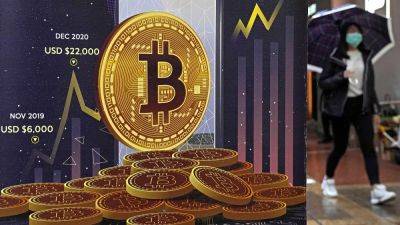Can Bitcoin Become a Reserve Currency in the Future?
Bitcoin becoming a reserve currency is an interesting topic of discussion. While it is currently not widely used in everyday transactions to the same extent as traditional currencies, there are potential scenarios in which Bitcoin could become a reserve currency in the future.
For Bitcoin to be deemed a reserve currency, it must demonstrate stability, widespread acceptance, and a reliable store of value. One of the critical challenges Bitcoin faces is its notorious price volatility, as it can experience significant fluctuations in short periods.
Furthermore, governments and central banks are crucial in determining reserve currencies, as they are typically responsible for regulating and issuing national currencies. They may be hesitant to embrace a decentralized cryptocurrency like Bitcoin due to control, stability, and monetary policy concerns.
However, several countries and institutions have shown interest in exploring digital currencies, including central bank digital currencies, which could potentially impact the future of cryptocurrencies like Bitcoin. Adopting digital currencies on a broader scale may change the global financial landscape and potentially affect the concept of reserve currencies.
Whether Bitcoin becomes a reserve currency or not depends on various factors, including regulatory developments, market behavior, and consensus among governments and financial institutions. The future is uncertain, but it's always fascinating to consider the possibilities.
What is a Reserve Currency
Before we dig into why Bitcoin could or could not be a reserve currency, it will first be appropriate to describe what a reserve currency is.
A reserve currency is a currency that central banks and other financial
Read more on blockchain.news
 blockchain.news
blockchain.news



















